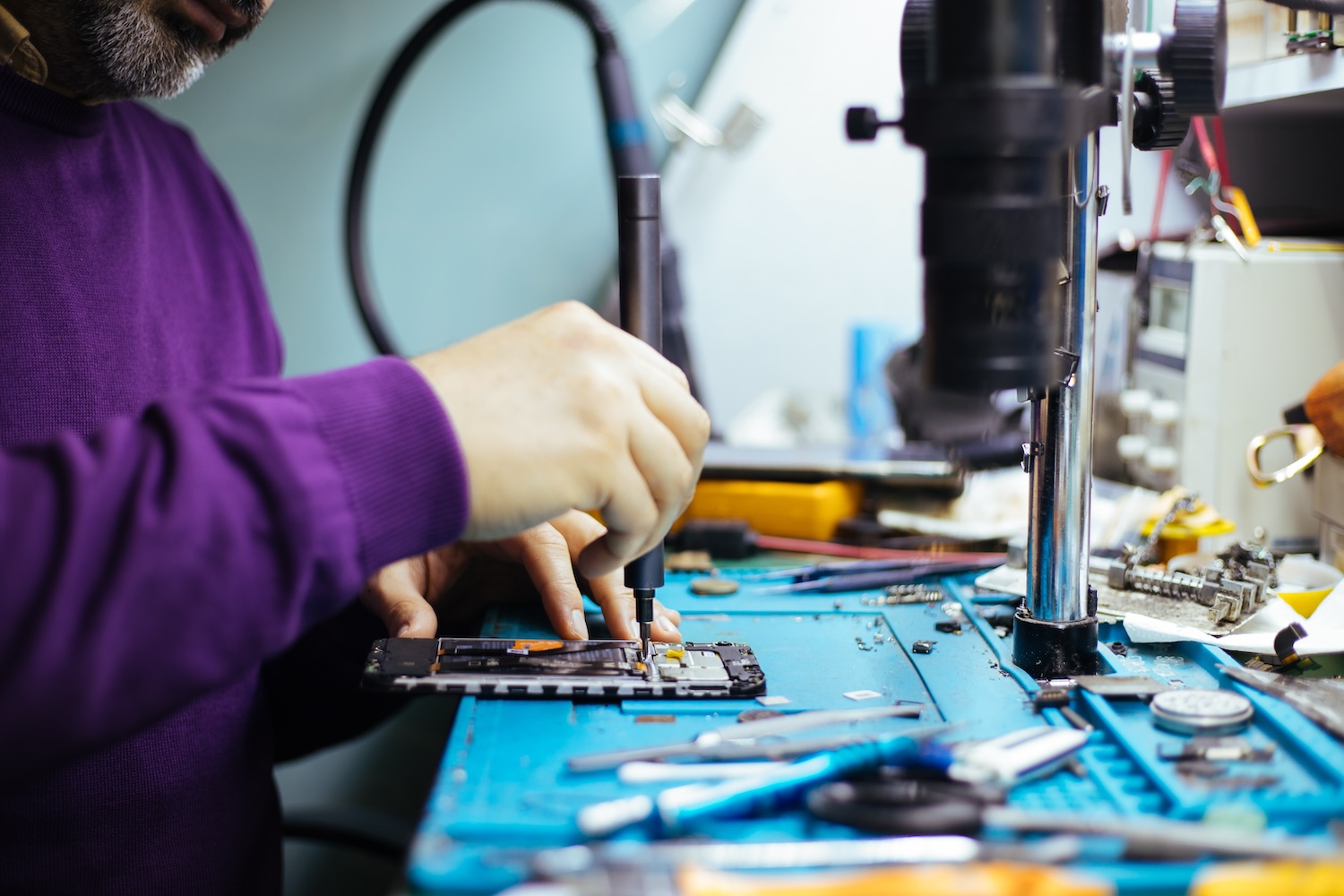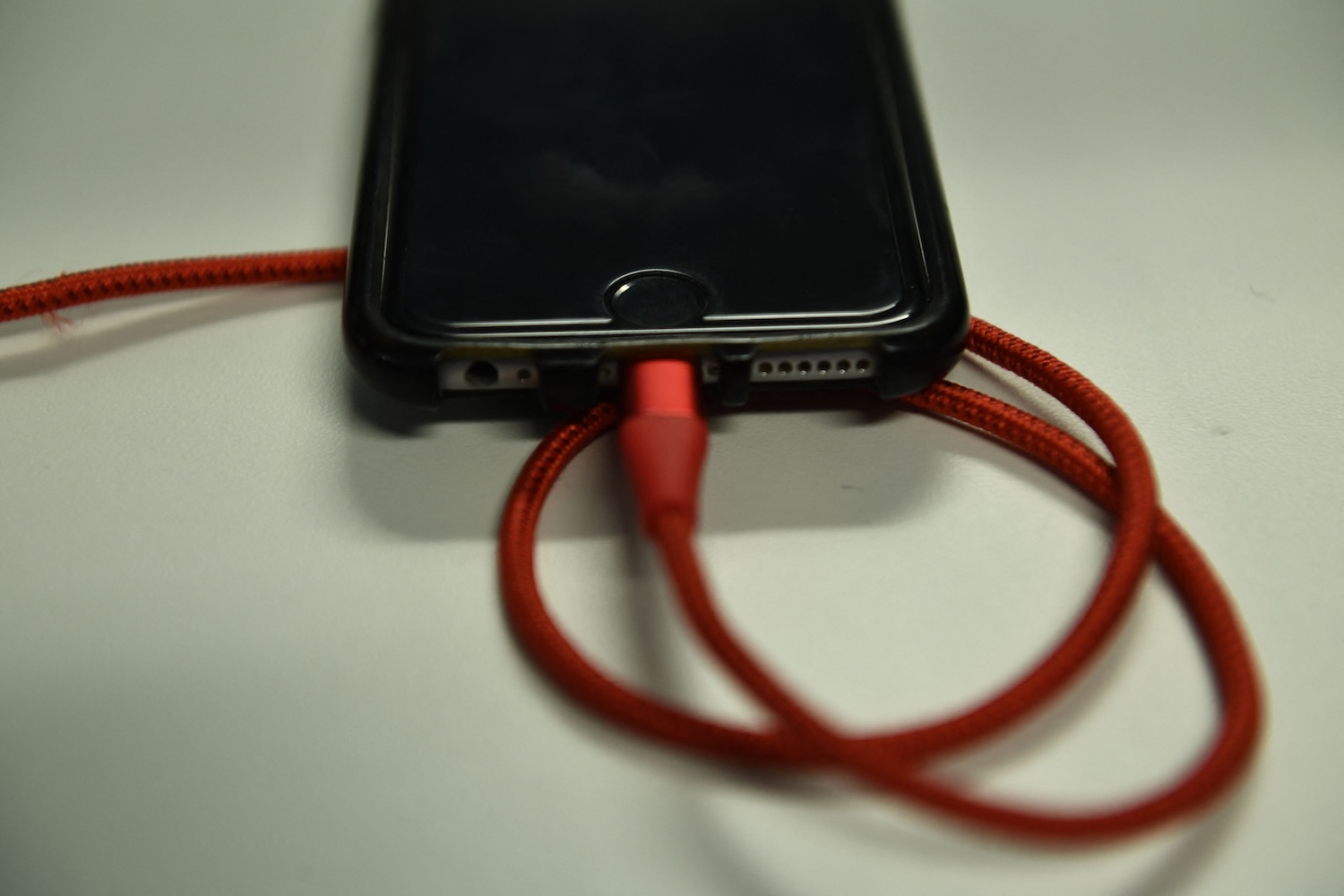September was officially Apple month. We saw the release of four models of the highly anticipated iPhone 16, among a handful of other Apple refreshes. We also checked out some weird and cool gadgets at IFA 2024 in Berlin. Kyle spent a day jetskiing with the GoPro Hero 13 Black and found it overflowing with features, though a little pricey. Also, Google updated its Pixel Buds lineup with the almost-perfect Pixel Buds Pro 2.
Xgimi MoGo 3 Pro
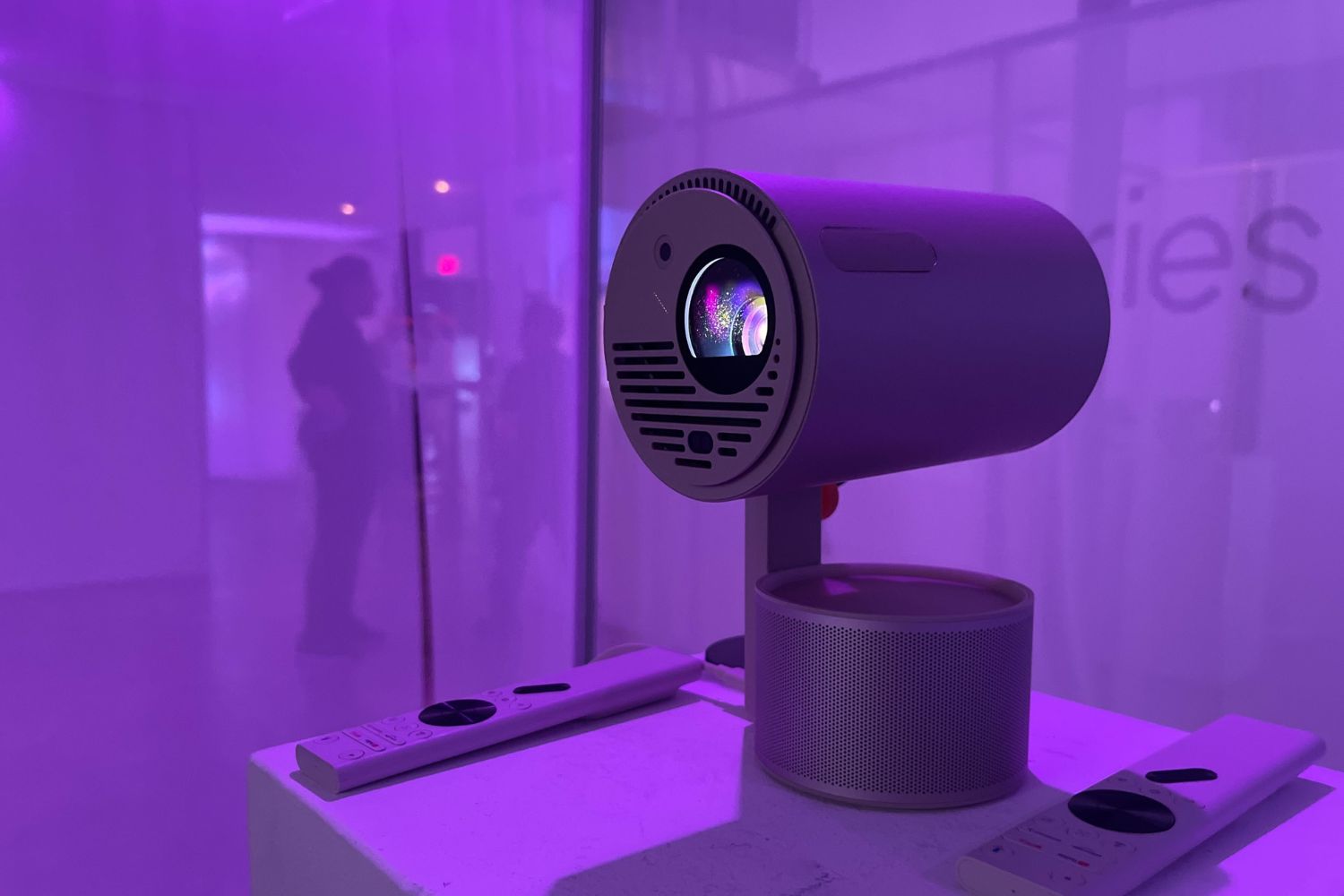
XGIMI refreshed its MoGo Pro lineup with the $500 MoGo 3 Pro, but the third iteration looks nothing like its predecessors. It’s been dramatically trimmed down to the size of a soda can and it’s about as heavy as a carton of milk. Instead of Android TV, it’s now integrated with Google TV so it offers native access to streaming apps.
The Google TV integration means you don’t need a dedicated smart TV, set-top box, or a smart TV dongle. It offers native access to any service that Google TV offers, so it’s good to run an app of your choice out of the box. It includes a remote in the package that sports dedicated shortcut buttons for YouTube, Netflix, Amazon Prime, and a customizable button for a service of your choice. — Dua Rashid
See Xgimi MoGo 3 Pro at Amazon
Ecoflow Power Hat

I know it sounds odd and slightly concerning but EcoFlow released a Power Hat that features eight solar panels and dual charging ports, and is able to charge up to two devices when you’re out on a hike. You’ll have to shell out $80 for it, though, which sounds like a lot for a casual beach hat, but not when you think of a power bank with dual output.
Adorned with a 360-degree solar paneled brim, the hat sits on your noggin and offers two charging outputs, Type-A and Type-C, to replenish your devices on the go. The eight panels on the hat ensure it gets enough juice to last at least a few hours. The capacity ultimately depends on the amount of sun the solar panels get, but the hat is good for fully charging a 4,000mAh battery (the average battery size on a smartphone) in three to four hours. — Dua Rashid
GoPro Hero 13
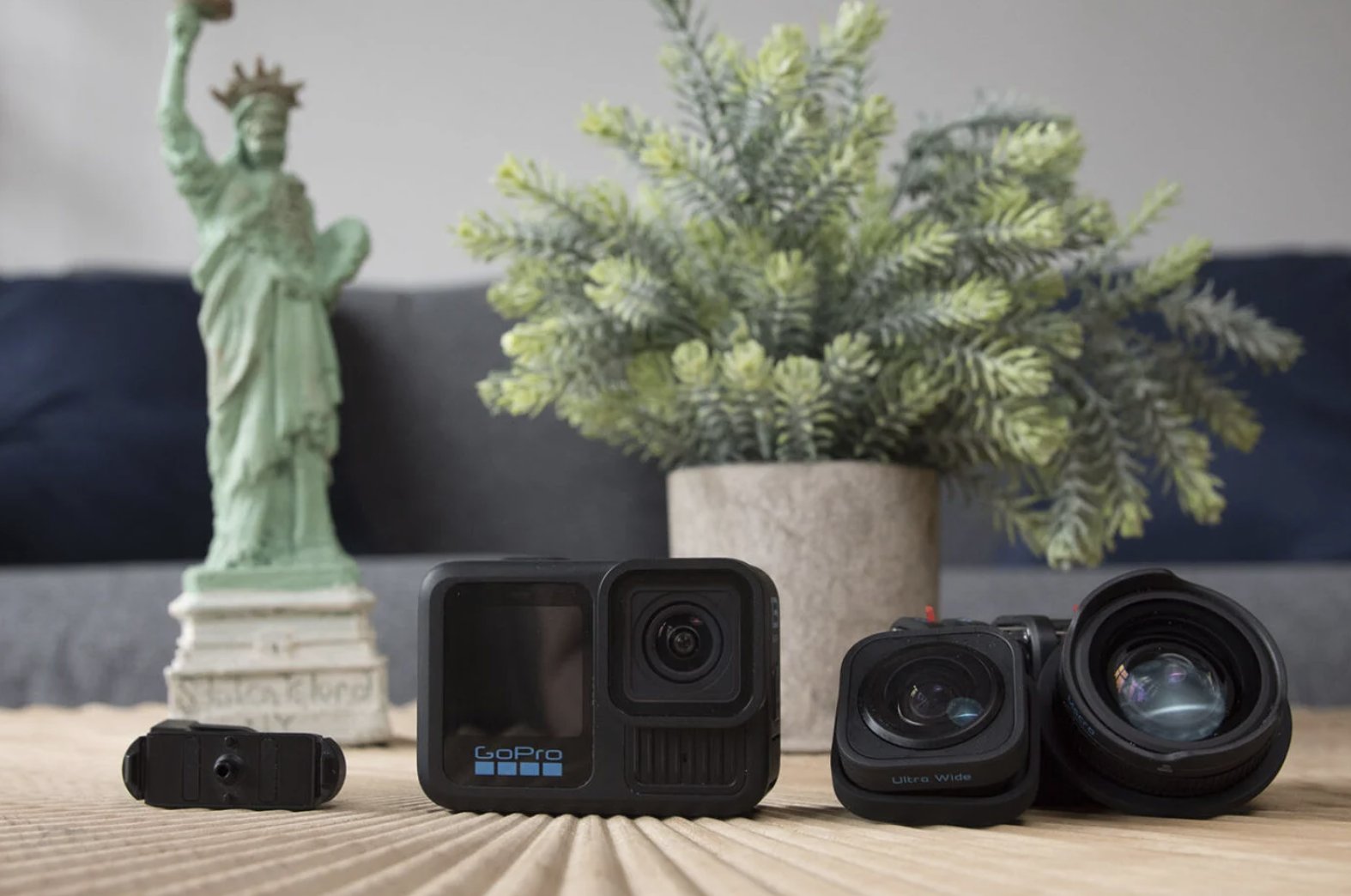
If cost isn’t a concern, the new Hero 13 Black is still a step up from the previous generation. The new GoPro has a 10% larger battery at 1900mAh than the Hero 12. The company promises you can get over 2.5 hours of shooting at 1080p or 90 minutes of 4K at 30FPS. It should also be better for more extreme temperatures, but GoPro also says you’ll see the most drastic improvements when shooting at the higher 10-bit mode than the standard 8-bit.
The new GoPro has new sensor capabilities but is not as flashy as the extra accessories. It can still capture 5.3K at 60 FPS and 4K at 120 FPS. It maintains the vertical shooting from the Hero 12, but now it supports burst slo-mo up to 5.3K at 120 FPS and 900P at 360 FPS. The big new addition to visual quality is support for HLG HDR with its 10-bit recording and wider color gamut. For longtime GoPro users who decried the loss of GPS tracking, it’s back now. — Kyle Barr
Apple iPhone 16 Pro

If you’re due for an upgrade this year, you’ve been dealing with a crusty old iPhone on its last legs, and were thinking of going Pro, then yes, you should consider the iPhone 16 Pro/Pro Max. As Apple said, it built this phone for Apple Intelligence, which should tell you about what’s on the horizon for the well-curated walled garden over the next year. It’s also nice that you can pick a smaller phone with all the camera glass of the larger device but not the bulk.
The new Pro phone isn’t just a vessel for artificial intelligence, though it does have all the hardware chops to make the deed possible for those willing to be early adopters. Everything about the iPhone 16 Pro/Pro Max is solid, from its seven-lens camera system to its battery life. Its new colors this year are also brighter and lighter. We’ve only had a week with the iPhone Pro/Pro Max thus far, but if this is your year to upgrade, get ready to be prepped and primed for what’s coming next. — Florence Ion
Apple iPhone 16

The iPhone 16 sets a positive precedent for base model iPhone users going forward. You’re no longer getting the scrappings of last year’s Pro model in a refreshed, friendly-colored smartphone body. Instead, you’re buying a pared-down version of the iPhone Pro model and a little futureproofing for what’s coming next, which will be the case as Apple slowly unveils its AI story.
This year’s iPhone 16 adopts even more of the iPhone 16 Pro’s premium offerings, making it feel like a slightly better deal. Like the Pro, the iPhone 16’s primary camera is a fusion camera, there are Apple Intelligence features, and there is an Action Button along with the new Camera Control button that just debuted on the iPhone 16 Pro. — Florence Ion
Panasonic W95A

Judging solely by the W95A 4K mini-LED TV, Panasonic has managed to keep up with the times as it sold its TVs in Europe and Asian markets, but you shouldn’t expect a shining example of pure viewing bliss. It’s solid, and if it hits your price point, then I wouldn’t feel you need to look too far in another direction for a bright, colorful, easy-to-use TV.
Our review unit of the 55-inch W95A stands up to this year’s other mid-range mini-LED offerings, though it’s not as pricey or high-falutin as quantum dot LED TVs like Samsung’s 4K NEO QLEDs, LG’s QNED, or Sony’s Bravia 7. Unlike its competitors, I did not have to do nearly as much fiddling in settings to get a picture that felt true to the intended cinema experience. The W95A has the widest variety of screen sizes for the company’s U.S. slate, going from 55 inches up to 85 inches. — Kyle Barr
Asus Zenbook S 14
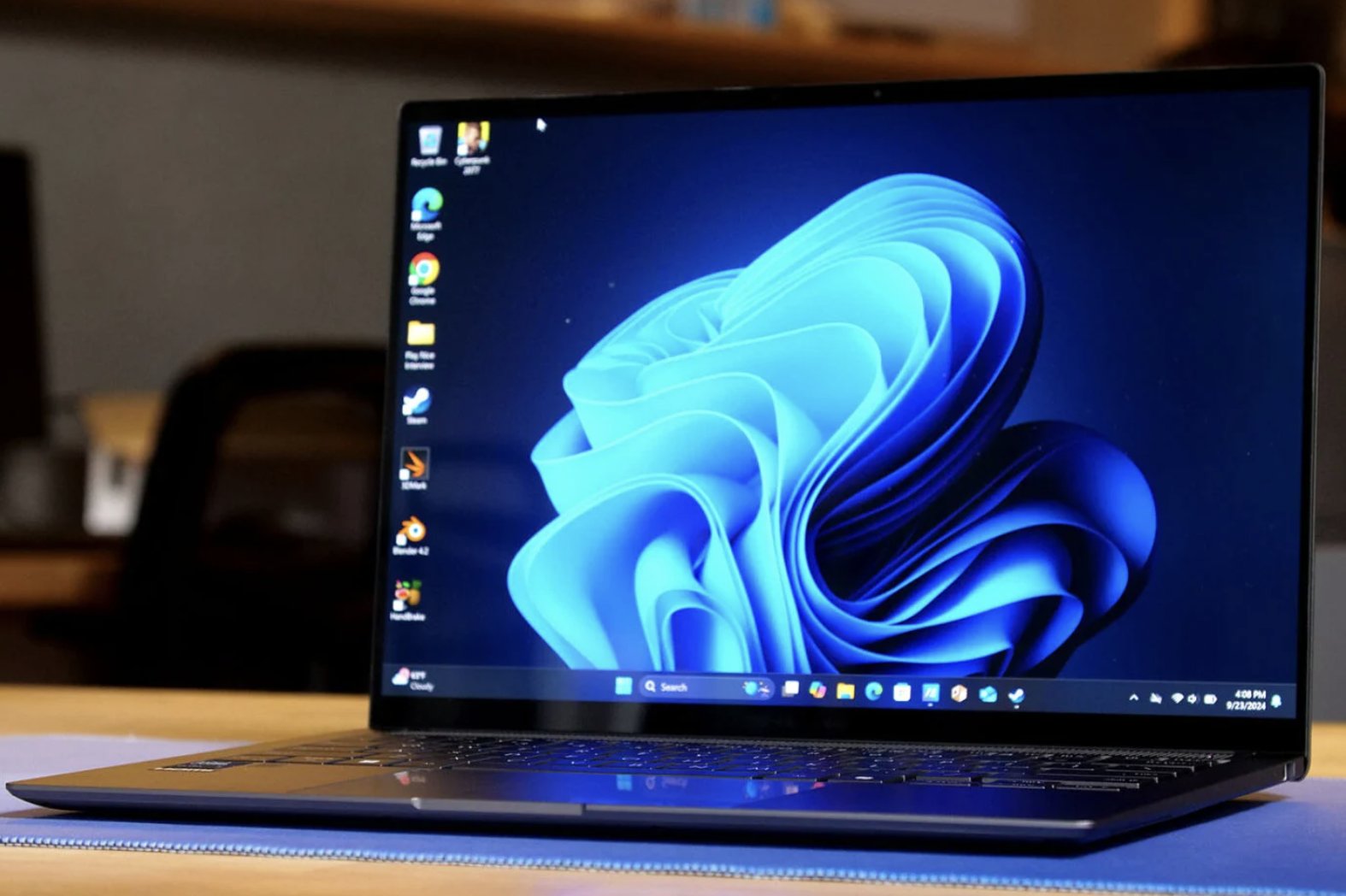
The Asus Zenbook S 14 is a good laptop, because of its hardware, a multitude of ports, and lightweight design than its reliance on the new chip. There’s something to be said about a cover material that feels and looks unique. There’s also the new Lunar Lake Intel Core Ultra chip housed inside. Both those features are solid, though you have to ignore the hype.
It’s easy to recommend the Zenbook S 14 simply because it offers so many I/O ports and a unique design compared to other 14-inch laptops. It just feels somewhat diluted by middling performance, even if it’s quite capable of its price. Its design oozes cool, but you’ll want more power to match. If I had one suggestion for anybody considering the Asus Zenbook S 14, it would be to go for the slightly more expensive model that sports the Intel Core Ultra 258V and 32 GB of RAM. — Kyle Barr
See Asus Zenbook S 14 at Best Buy
Google Pixel Buds Pro 2

Google’s Pixel Buds Pro 2 are overall excellent buds that give you everything you want. The size and weight have been dramatically reduced, so they’re comfortable sitting in your ears all day. The twist-to-adjust stabilizer is far from a gimmick. It gives the buds their snug, ear-hugging fit. Navigation has been done so intuitively that it makes me wonder why more earbud companies don’t take a similar, straightforward approach, especially with volume. The sound profile is impressive, with the deep, punchy bass being the star of the show. And the noise-canceling is so powerful that you feel transported into a private vacuum. — Dua Rashid
See Google Pixel Buds Pro 2 at Amazon
Razer Freyja
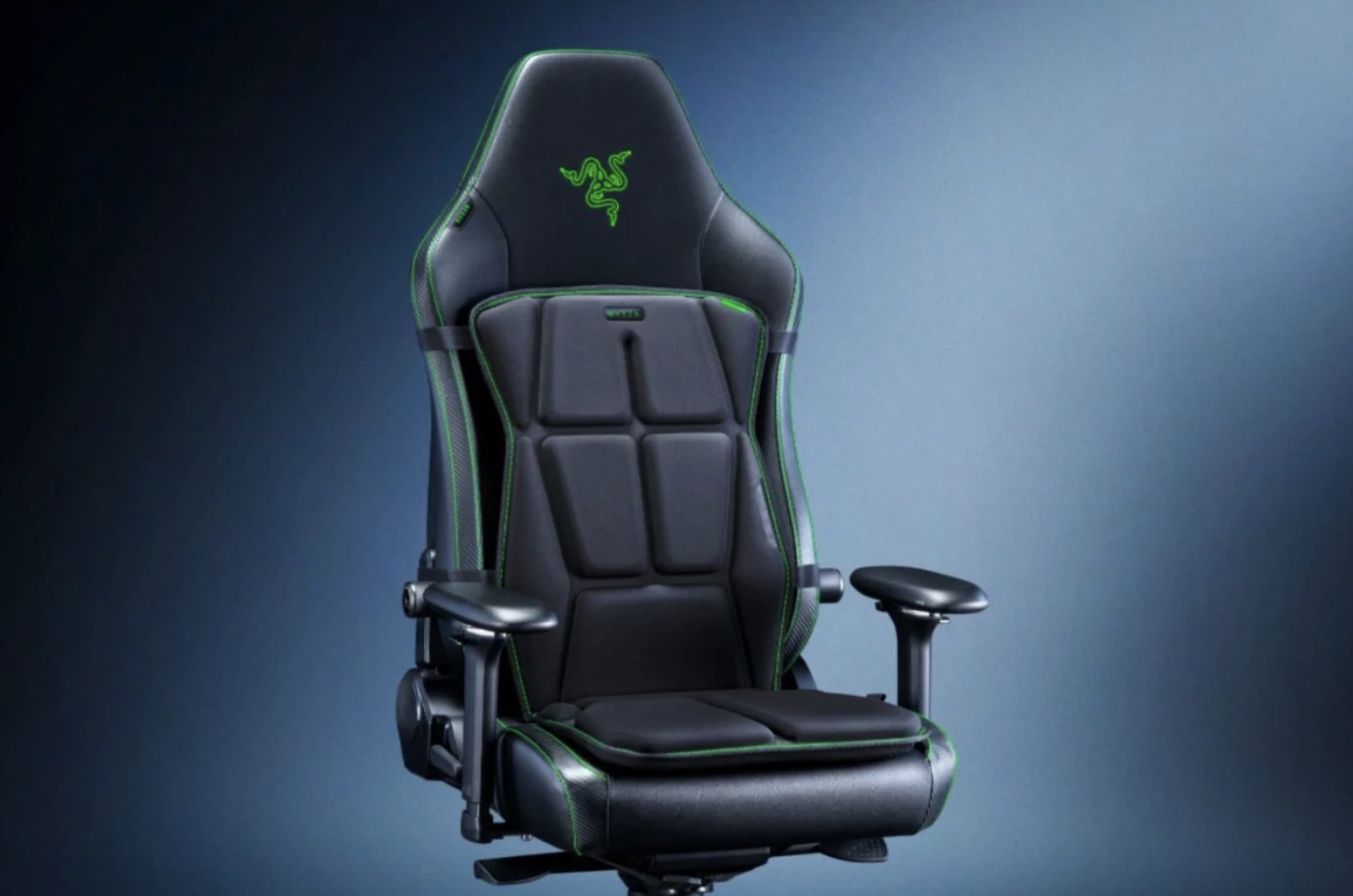
The $300 haptics-integrated gaming cushion, Freyja, (previously called Project Esther) was revealed earlier this year during CES. Fast-forward nine months, and the concept came to life with Freyja, named after the Norse goddess of war.
The cushion features six haptic actuators that send tactile sensations to various optimally positioned areas on your back and upper legs. Razer collaborated with select game developers—20 as of yet—to precisely sync the haptics to their games and is working on continuously extending that list. Of course, the functionality will work with all your titles, but you’ll enjoy that perfect sync with the ones on Razer’s growing list of collaborations.
In the brief hands-on demo I got, I was blown away by the haptics’ directionality, force, and accuracy in Mortal Kombat. Not a single vibration was random or unnecessary. Every single one was perfectly synced to the events in the game, matching even their most subtle attributes. They were also multi-directional in some cases, sending sensations traveling across multiple areas of my body. They breathed life into every explosion, gunshot, and footstep. — Dua Rashid

